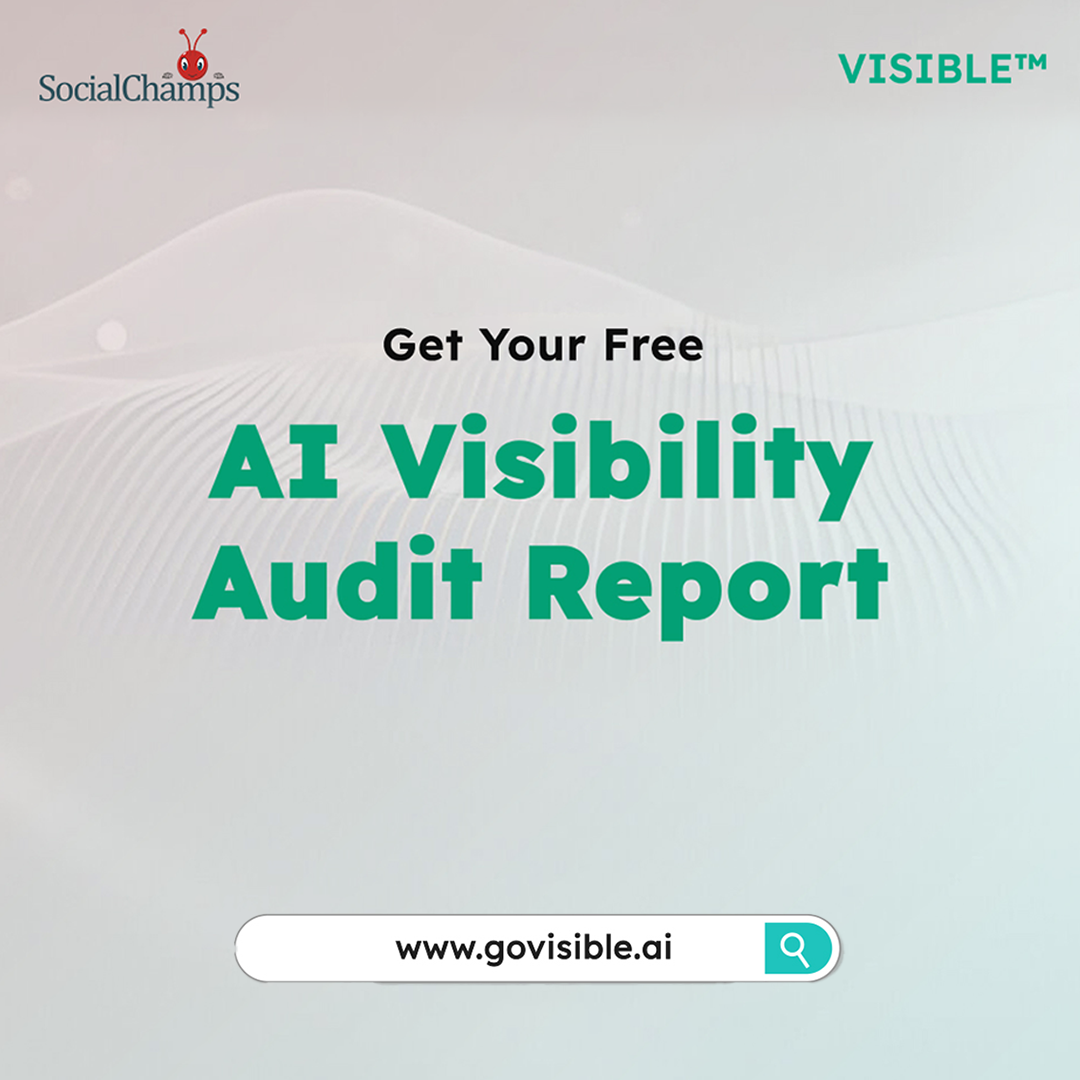There’s no denying that digital marketers are essential to businesses thriving online. They’re responsible for taking marketing and advertisement to the internet all every social media. For them to work, they need to engage in a ton of market research, assessing customer behavior, preferences, and figuring out whatever product/service they’re marketing fits into a customer’s life. But then, when you’re handling a ton of research, you need uninterrupted access to the internet and in-depth market resources. This means that the average digital marketer will spend a fortune on WiFi bills, and if they’re lucky they won’t have to spend more on in-depth market research.
To cut these costs, digital marketers often have to rely on public WiFi networks and publicly available resources online. But, the average digital marketer knows that public resources are great – but aren’t really the best for getting accurate and competitive insights into the market. What’s worse is that public WiFi networks are popular for being hotspots of cyberattacks. As such, they’re a no-go area for people like digital marketers who rely on the internet and manage a ton of data. For context, imagine all your hard work as a digital market agency falling into the hands of a hacker who sells it to a competitor or worse charges you for a recovery of your data. This is where a VPN comes in.
What is a VPN and How It Works?
Essentially, a Virtual Private Network (VPN) is a tool that creates a secure, private channel for surfing the internet. With a VPN, all your internet activity – from browsing websites to sending emails and downloading files, are protected against third-parties spying or attempting to steal your data.
When connected to a VPN, what happens is that your IP (Internet Protocol) address which signals your location and online identity, gets masked and replaced with the VPN’s server IP address. Basically, the VPN gives you a new IP address from a remote location, thus hiding your online identity. This encryption prevents anyone from spying on your internet activity or tracking you. Cybernews review shows that top VPNs like NordVPN and ExpressVPN use AES (Advanced Encryption Standard) and WireGuard for encrypting internet data against spies and hackers – especially when your device is connected to public WiFi networks. But, that’s not all that VPNs can do.

4 Reasons Why VPNs Are Essential for Digital Marketers
As a digital marketer working with tons of data, you’re most likely a target for cyberattack – even if you don’t know. Hackers are always on the hunt for sensitive data they can exploit or steal and sell off to the highest bidder. What’s more is that to be competitive in the market as a digital marketer, there are certain resources that only a VPN can give you access to. As such, here are five reasons why you need a VPN:
Enhanced Data Privacy and Internet Security:
Most times, digital marketers find themselves working remotely, whether in coffee shops, airports, or co-working spaces. While these spaces offer free WiFi, they’re popular for being insecure with frequent cyberattacks. Without the right encryption, your personal data and online activities – from accessing client accounts to conducting market research, are exposed. Apart from personal security, digital marketers are legally required to protect their clients’ data. And that’s what a VPN helps with. With a VPN, digital marketers can easily encrypt their data against third party viewing and unauthorized access. This is particularly important when handling sensitive client information and confidential marketing campaign strategies. With a VPN, it doesn’t matter what network you connect to, your data and internet activities remain safe.
Access To Competitive Market Insights:
A core function of digital marketers is research customer behavior, assessing competitors and target markets. This usually involves deep market insights that can’t be gotten from merely scouring the first few pages of Google. But by connecting through a VPN, it’s easier to bypass certain restrictions like paywalls and location-based content. With a VPN, viewing search engine results pages (SERPs) is optimized with access to wider content and insights that are otherwise unavailable. Thanks to the anonymity gotten from VPN, digital marketers can conveniently conduct in-depth market research without risking an IP block
Access to Geo-restricted Content:
Apart from competitive market insights, a VPN helps with bypassing location-based restrictions online. It’s no news that content online are typically organized and displayed based on geographical location. In some cases, access to certain content are directly restricted for certain parts of the world. Thanks to the VPN’s capacity to mask IP addresses and connect to random remote VPN servers scattered across the world, digital marketers can access a wider array of content – and bypass other restrictions. This is particularly helpful for staying up-to-date on global market trends, managing international campaigns, and using special tools that are not accessible from a particular location.

Testing Targeted Ads and Conducting Pricing Research by Location:
Given the restriction and arranged distribution of content online, digital marketers are better positioned to run international campagins with a VPN. To vet the impact of a campaign, they could simulate internet access from anywhere in the world. This would help in choosing the right ad placement for effective targeting and maximum reach.
Pricing is a dicey game for products and services, and the best way to fix it is by comparing competitor prices across different regions. With a VPN, digital marketers can assess different price points across different locations, which would help with deciding on the best pricing strategies for each regional market.
Conclusion
For a digital marketer, using a VPN isn’t just about internet security and data protection. It’s the perfect tool for global collaboration, in-depth market research, and effective digital marketing. It’s a simple and affordable tool that also helps with cutting the cost of research and internet access. While it’s not an all-in-one security tool for digital marketers, it definitely helps with security and competitive research.





0 Comments